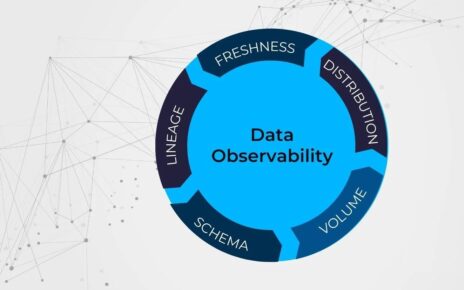Grants to help with special education needs are available from various sources, including government agencies, foundations, nonprofit organizations, and educational institutions. These grants support initiatives aimed at improving the educational outcomes and opportunities for students with special needs or disabilities. Here are some common types of grants for special education:
1. **Special Education Grants from the U.S. Department of Education:** The U.S. Department of Education offers grants to support special education programs and services under the Individuals with Disabilities Education Act (IDEA). These grants fund efforts to provide appropriate education and related services to children with disabilities.
2. **State and Local Education Agency Grants:** State education agencies and local school districts may offer grants to support special education programs, including professional development for special education teachers, assistive technology, and specialized instruction.
3. **Special Needs Advocacy Grants:** Some grants support organizations and initiatives that advocate for the rights and needs of individuals with disabilities, including access to quality education.
4. **Foundation Grants:** Private foundations, such as the Oak Foundation and the Taishoff Family Foundation, provide grants to support special education initiatives, teacher training, and inclusive educational practices.
5. **Assistive Technology Grants:** Grants are available to fund the purchase of assistive technology devices and services that support students with disabilities in the classroom.
6. **Inclusive Education Grants:** These grants fund projects that promote inclusive educational practices, where students with disabilities are educated alongside their peers without disabilities.
7. **Early Intervention Grants:** Funding is available for early intervention programs that identify and address developmental delays and disabilities in young children.
8. **Teacher Professional Development Grants:** Grants support professional development opportunities for special education teachers and related service providers.
9. **Transition Services Grants:** These grants fund programs that help students with disabilities transition from school to post-secondary education, employment, or independent living.
10. **Autism Spectrum Disorder (ASD) Grants:** Some grants focus specifically on supporting individuals with ASD and their families through education, intervention, and advocacy programs.
11. **Communication and Speech Therapy Grants:** Grants may fund speech-language therapy services and communication devices for students with speech and language disorders.
12. **Grants for Parent and Family Support:** Organizations that offer support and resources to families of children with special needs may receive grants to expand their services.
13. **Literacy and Learning Disabilities Grants:** Grants are available to fund programs and resources that address literacy challenges among students with learning disabilities.
14. **Mental Health and Behavioral Support Grants:** Some grants support school-based mental health services and behavior intervention programs for students with emotional and behavioral disorders.
To find and apply for grants to help with special education needs, research specific grant opportunities, review eligibility criteria, and understand the funding priorities of each granting organization. Additionally, reach out to educational agencies, special education associations, and advocacy groups for guidance and support in finding and applying for relevant grants. Also check out www.thegrantportal.com for more grant availability.





